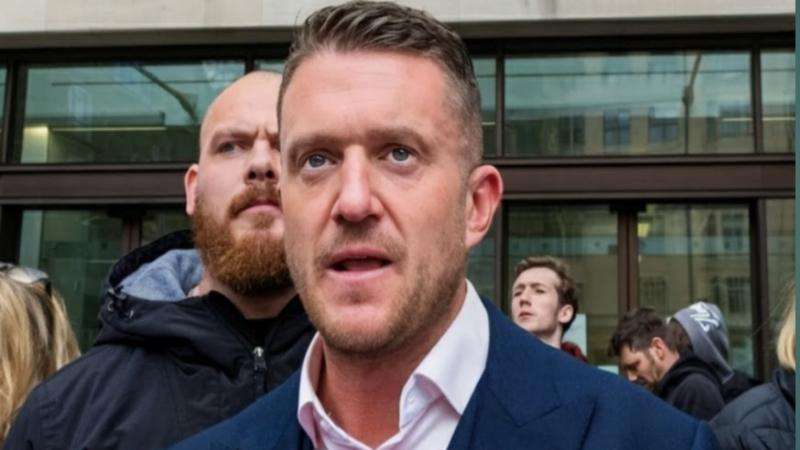In a troubling sign of ongoing division, a key area of Belfast known for its Muslim community and businesses has yet to receive a penny from a government fund established to combat anti-Muslim hate, almost a year after the city's race riots.
The silence of this funding channel stands in stark contrast to the urgency felt by Belfast's Muslim residents. Following the horrific racist riots of August 2024, which saw immigrant-owned businesses and properties, including those of Muslim families, targeted and set ablaze, the UK Deputy Prime Minister announced a £600,000 Community Recovery Fund. A total of £160,000 of this was specifically allocated to four areas in Belfast that were directly impacted by the violence, with the express purpose of reducing anti-Muslim hatred and promoting cohesion.
While community groups in north, west, and east Belfast have already received and started their programs, the funding for the south Belfast area—specifically Sandy Row/Donegall Road, where some of the most heinous attacks occurred, including the burning of a Muslim-owned supermarket—remains in limbo. Local sources indicate that while several community groups have been approached to apply for the funds, they have yet to agree on a proposal, a process that has been described as a "consortia" negotiation. This delay highlights the ongoing challenges of cross-community cooperation and the sensitive nature of distributing resources in historically divided neighborhoods.
The failure to swiftly disburse this aid to the very community that was most brutally impacted is causing frustration and deepening a sense of neglect. This is despite the stated goals of the fund, which are to "strengthen ties between host and migrant communities" and to "rebuild social trust." The Belfast Islamic Centre and other community leaders have repeatedly stressed the ongoing trauma and fear within the Muslim population, with some families even considering leaving the city. The fact that funding intended to help these communities recover is stalled is seen as a serious failure of administrative and political will.
This delay is particularly poignant for the Muslim community, which has long been an integral part of the fabric of Belfast. The city's mosques and community centers have served not only as places of worship but as vital hubs for social support and integration. The lack of progress on the funding for this area is a stark reminder that while the riots may have ended, the work of rebuilding trust and addressing underlying prejudice is far from complete.
Recent reports suggest that while the Community Recovery Fund was a government initiative, its implementation at the local level has been fraught with bureaucratic delays. In May 2025, business owners whose shops were destroyed in the August 2024 riots were reportedly offered just £4,000 by Belfast City Council, despite losses running into hundreds of thousands of pounds. This has led to further frustration and public petitions calling on the council to "keep its promise." The ongoing stalemate over the funding for the Sandy Row area is part of this broader pattern of what some are calling a failure to provide adequate support to the victims of racist violence.
Furthermore, the rise in anti-Muslim hate crime in Belfast is not an isolated event. According to police statistics, August 2024 saw a record number of reported race hate crimes, with the months leading up to the riots also showing a significant increase. The issue extends beyond the city, with the British Muslim Trust being appointed to monitor and tackle anti-Muslim hatred across the UK, signaling a nationwide concern. The events in Belfast, particularly the targeting of Muslim-owned businesses, are a vivid example of a wider problem that governments and communities across the UK are struggling to address.



_2.jpg)
_3.jpg)


_1.jpg)
.svg)

_1.jpg)